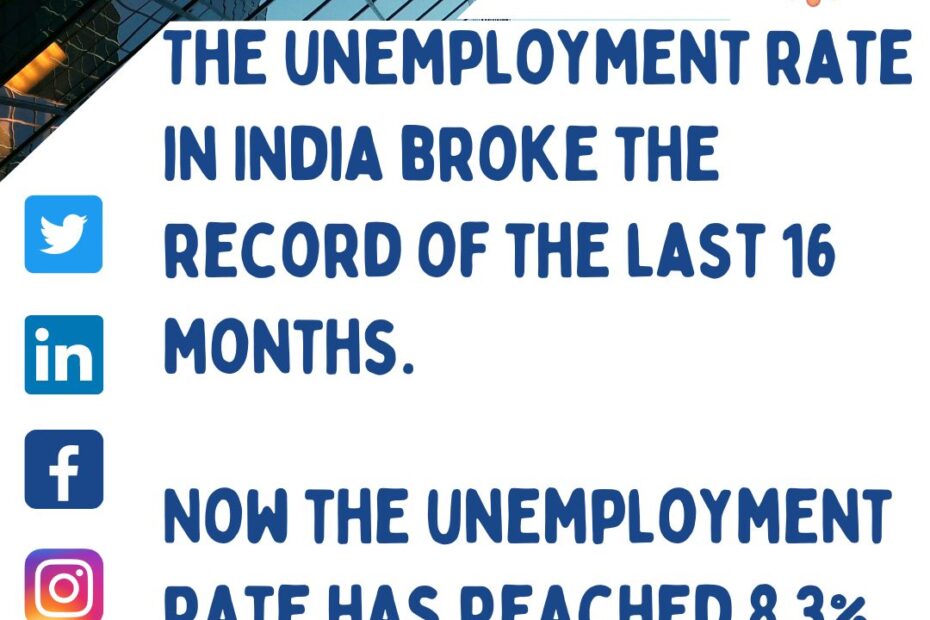The UK Economy Enters a Recession: What’s Next?
As the UK GDP declines for the fourth straight quarter, worries about a recession grow. The UK officially entered a technical recession when the Office for National Statistics (ONS) verified a 0.3% decrease in GDP… The UK Economy Enters a Recession: What’s Next?









